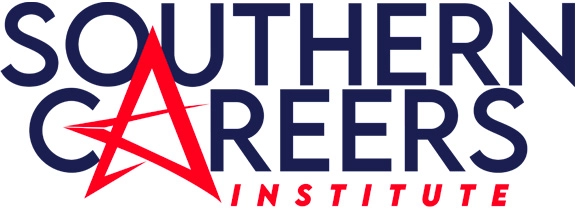Healthcare
What You Need to Know About Healthcare Programs
As one of the fastest-growing sectors in the U.S. economy, earning a degree in the healthcare field is a solid investment. For the period from 2012-2022, the U.S. Bureau of Labor Statistics has projected five million new jobs in the healthcare industries. This growth is being driven by an aging population, advancing technology, and recent legislation, with no real end in sight. In other words, it’s a very good time to advance your healthcare education.
There are healthcare jobs for every degree level, from certificates and associate’s degrees right up to master’s degrees and doctorates. Significant job growth is projected for all these career levels in the years to come. This includes jobs such as nursing assistants, EMTs, and paramedics, which typically call for postsecondary non-degree awards.
It’s also important to note that many medical professionals become certified in order to demonstrate their knowledge and qualify for certain jobs. Medical assistants, for example, are certified by the American Association of Medical Assistants. Various types of nurse specialists also earn certificates from the American Nurses Credentialing Center.
The career paths available in the healthcare sector are nearly limitless, but there are some key skills that come into play for all of them. It’s essential that anyone who wants to become a medical professional has the ability to empathize with people in stressful situations. Organizational skills are also very important, particularly for those who work in hospitals and urgent-care facilities. Being able to solve problems and communicate well are also vital attributes for healthcare professionals. Along with developing these skills, you can count on any healthcare-related degree program to be heavy on math, chemistry, and related topics.
There are also many administrative positions in the healthcare world, including management positions in hospitals, home health agencies, and nursing homes. These professionals ensure the proper implementation and maintenance of policies within healthcare organizations. Public health is another possible career avenue, especially if you’re interested in educating the community about healthy behaviors and researching key topics in the field. You might focus in nutrition, child health, infectious diseases, or any number of other areas.
As for salaries in the healthcare world, they’re as varied as the career options are. One good thing about pursuing a degree in this area is that there are many high-paying jobs that require associate’s degrees or certificates. Registered nurses, who need associate’s degrees and state licensures, earn an average of $66,000. Radiation therapists, with the same level of credentials, can earn $80,000 or more. Medical assistants and dental hygienists are other good examples of healthcare careers that are in high demand and require associate’s-level education. Those who earn advanced degrees and become healthcare specialists can make $100,000 or more. Healthcare in general is a well-paying field; it’s all a matter of finding where your talents best fit and what your specific career goals are.
FIND COLLEGES FOR HEALTHCARE
7 sponsored schools found
-

Allen School of Health Sciences
Campus163-18 Jamaica Avenue, Jamaica, NY 11432Private For-Profit1 Programs0 Online programs -

Centura College
Campus4455 South Blvd., Virginia Beach, VA 23452Private For-Profit27 Programs0 Online programs -

-

Keiser University
Campus1500 NW 49th St, Fort Lauderdale, FL 33309Private Non-Profit61 Programs0 Online programs -

Southern Careers Institute
OnlineCampus1701 W Ben White Blvd. Suite 100 Austin, TX 78704Online9 Programs14 Online programs -

Southern Technical College
Campus1485 Florida Mall Ave, Orlando, FL 32809Private For-Profit10 Programs0 Online programs -

UEI College
CampusMultiple Locations in CaliforniaPrivate For-Profit11 Programs0 Online programs
